Investigators
Our research project is strongly driven by three talented researchers, whose expertise is diverse from
each other, but their research keyword is the same “neo-PTMs”!

One of the most important PTMs is those of histone proteins, which associate with DNA in the cellular nucleus. The histone PTM network regulates chromatin structure/functions to control gene expression. The team of Dr. Yamatsugu (A01) will develop chemical catalysts to introduce neo-PTMs into histone in live cells, and try to understand the newly created in-cell chemical network.
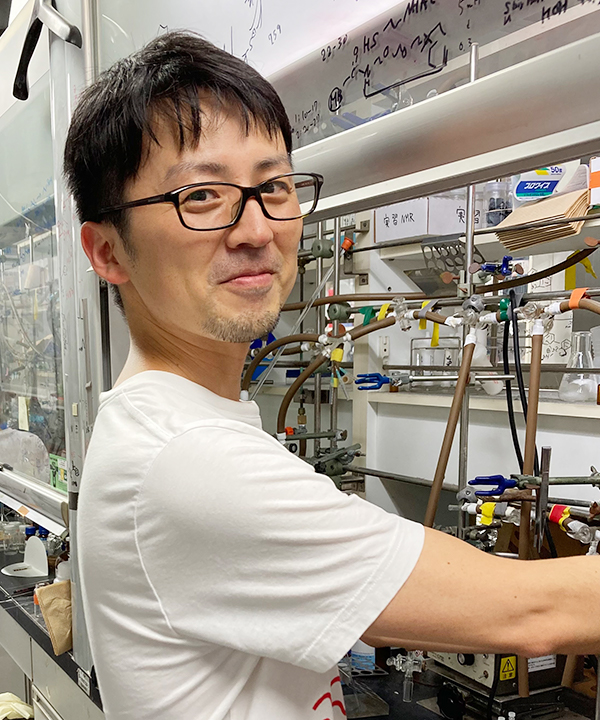
Dr. Yamatsugu received a Ph.D. degree at The University of Tokyo for his research in asymmetric catalysis and organic synthesis. He worked as a postdoc at Institute of Microbial Chemistry, Tokyo and at the University of Wisconsin–Madison. In 2012, he returned to Graduate School of Pharmaceutical Sciences, the University of Tokyo as a Group Leader of ERATO Kanai Life Science Project, and has been an assistant professor since 2015. He has been a full professor in Chiba University since 2023.
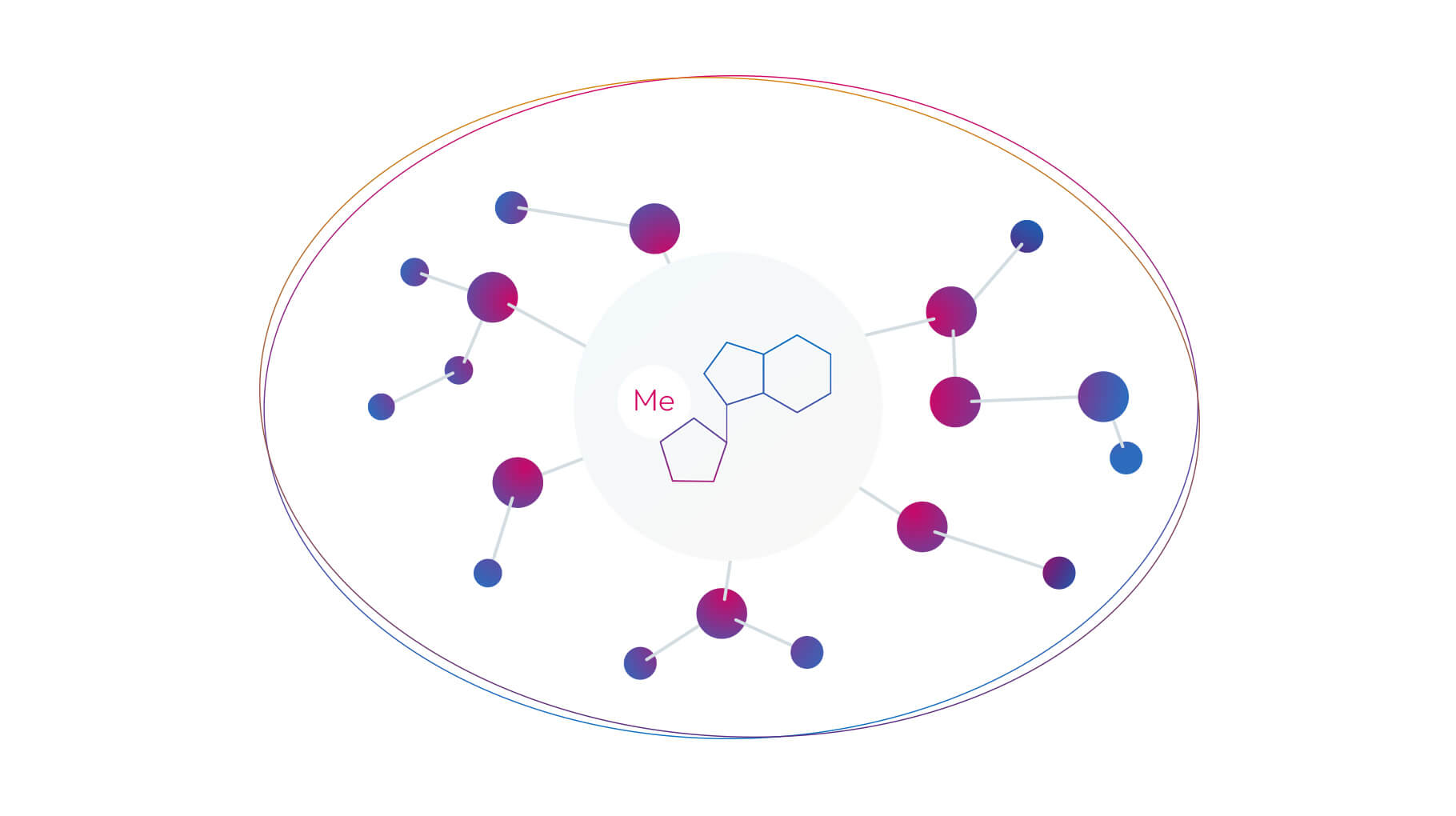
Cells employ multiple levels of regulation, including modifications of genome (DNA), transcriptome (RNA), proteome (proteins), and metabolome (metabolites). Many of these hierarchical networks are synergistically regulated by enzyme-catalyzed reactions, and disrupting the network is closely associated with diseases. Although many of small molecule drugs enable to control the specific post-transcriptional modification of interest, understanding how the small molecules influence the complex network has been largely unclear. The team of Dr. Sohtome (A02) will develop the chemical methodology to analyze the synergistic changes of the chemical modifications induced by small molecules (endogenous cofactor mimics and enzyme inhibitors).
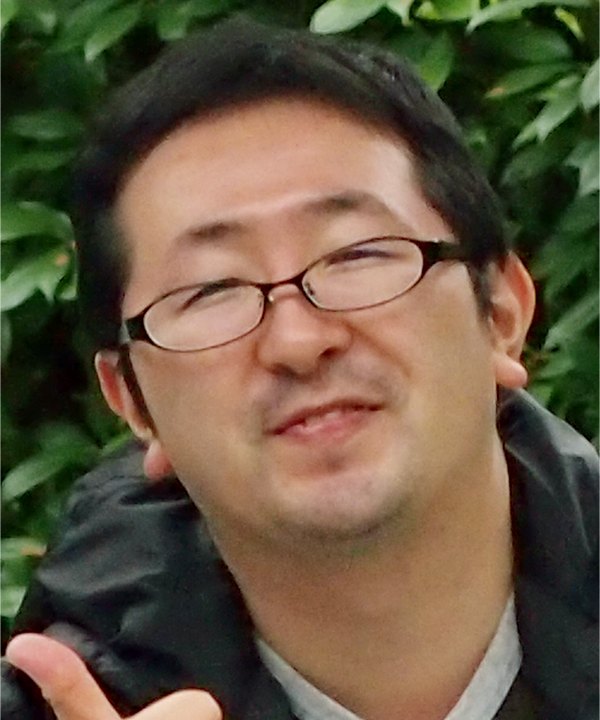
Dr. Sohtome obtained his Ph.D. from the University of Tokyo in 2006 for his research in the development of the conformatinally flexible organocatalysts. He strated his academic career at the University of Tokyo as an assistant professor in 2006. Following a postdoctoral study at Yale University in 2008, he worked at Tokyo University of Agriculture and Technology as an assistant professor in 2009. He joined RIKEN in 2011 as a Research Scientist and was promoted to Senior Research Scientist in 2018. He has been a full professor in Ritsumeikan University (RITS) since 2024.
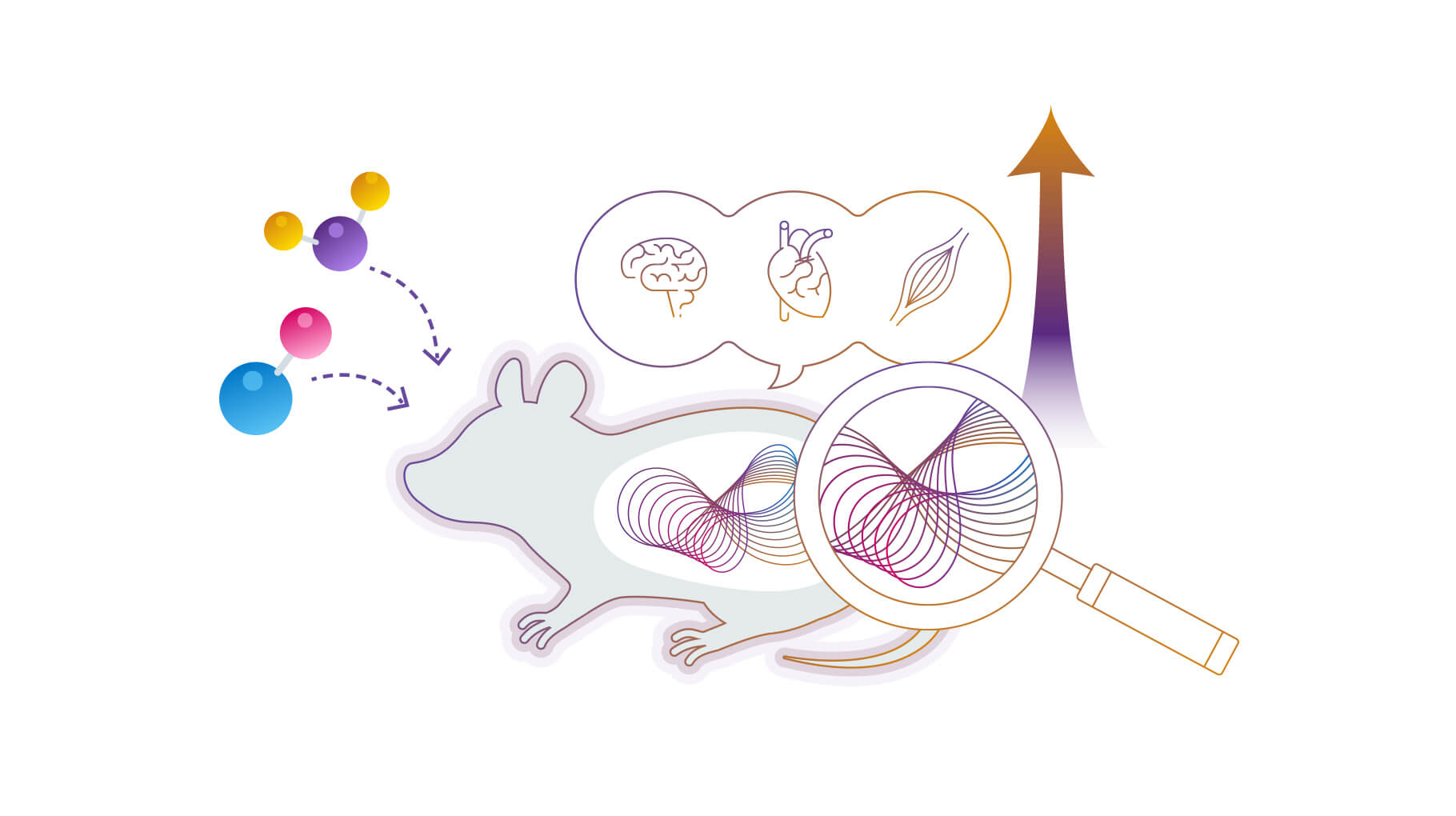
Current research has focused on deepening our understanding of PTMs that organisms have in nature, and thus remain to be uncovered about the biological functions of neo-PTMs that do not exist in nature. Therefore, the team of Dr. Shimazu (A03) will focus on neo-PTMs that can be introduced chemically (A01) or enzymatically (A02), and investigate new functions of neo-PTMs in cells and animals. The team aims to comprehensively understand various life functions from biochemistry, cell biology, and molecular biology perspectives.
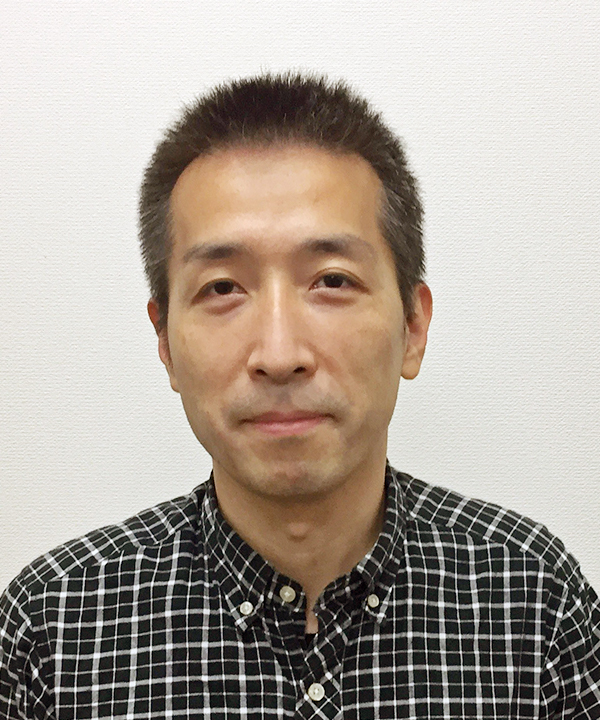
Dr. Shimazu earned his Ph.D. at The University of Tokyo in 2007 for his research in none-histone protein acetylation/deacetylation mediated by HDACs. He worked as a postdoc at the Gladstone Institute UCSF from 2007 to 2011. From 2011, He worked as a Research Scientist in RIKEN, and was promoted to Senior Research Scientist in 2016.
